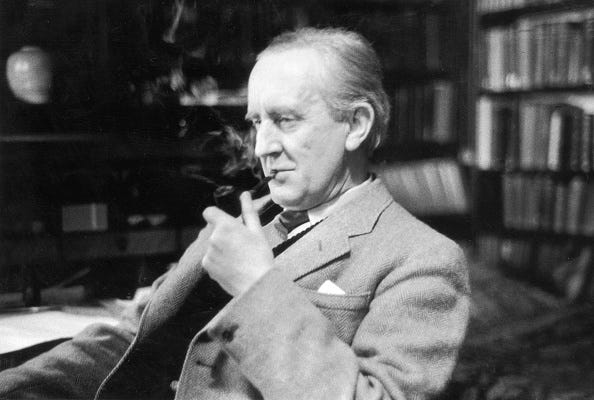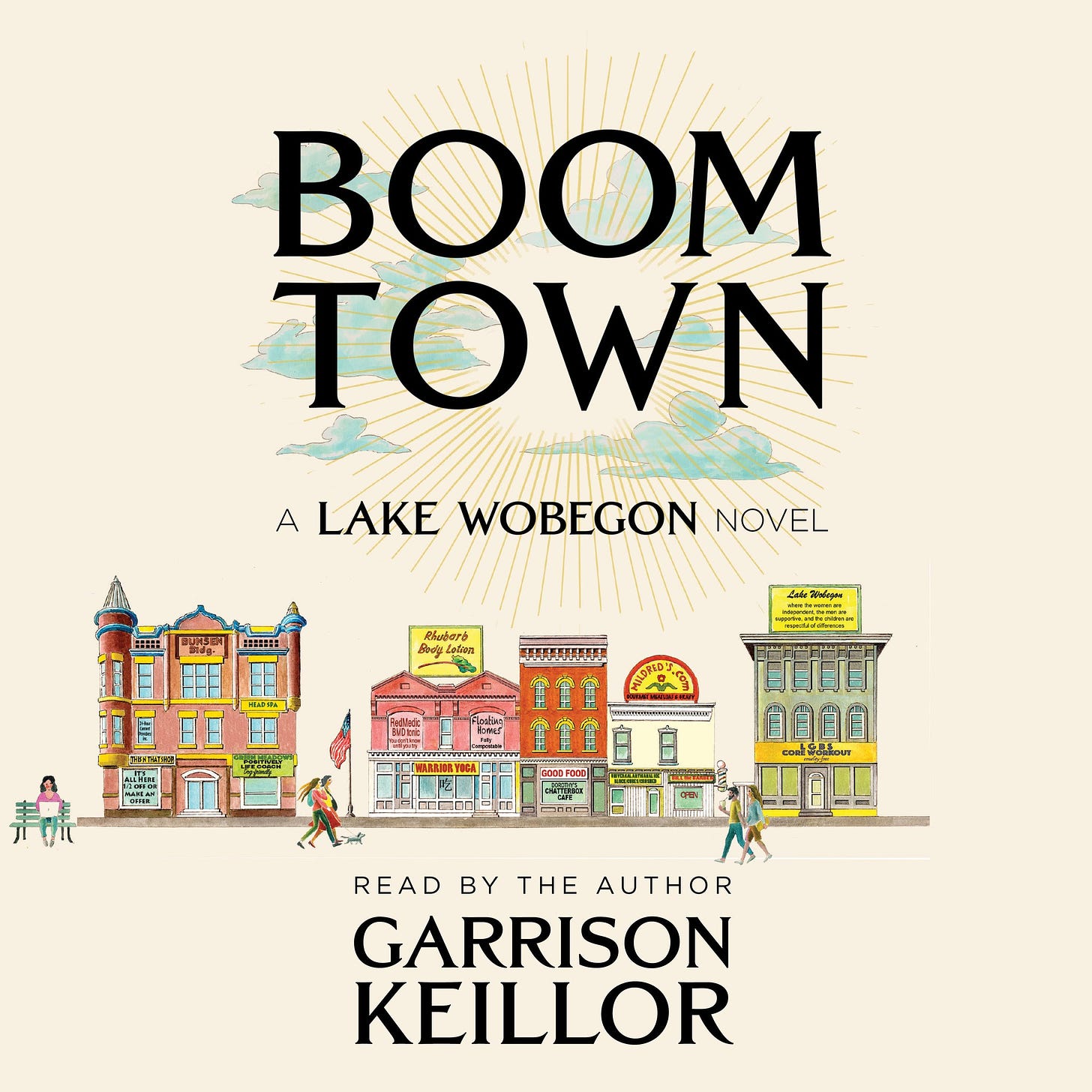The Writer's Almanac from Wednesday, January 3, 2007
"WINTER: TONIGHT: SUNSET" by David Budbill, from While We've Still Got Feet. © Copper Canyon Press.
On this day in 1841, the whaler Acushnet sailed from New Bedford, Massachusetts, with Herman Melville on board. Melville had been born into an affluent family, but the family suffered a series of financial disasters. First his father's business failed, and then his father caught an illness and died. His brother might have saved the family with his own business, but it was wiped out by a fire. So Melville was pulled out of school and forced to take a job.
He worked for a while at a bank, and then spent a few weeks as a merchant marine, sailing to England and back. He tried to head out west to start a farm, but he didn't like farming. So he took off to the whaling port of New Bedford, Massachusetts, looking for a ship that would be willing to hire someone with almost no experience at sea. The ship he found was the newest of America's whaling fleet, a 359-ton ship with two decks and three masts, which would be heading to the Pacific Ocean.
At that time, whales were extremely valuable. Their teeth and bones were used to make buggy whips, umbrella ribs, skirt hoops, collars, and corsets. But they were probably most valuable for their oil. Until 1859, when petroleum was discovered in Pennsylvania, the oil from whale blubber was the most widely available fuel for artificial lights, powering household lamps, streetlights, and even lighthouses. It was also one of the most popular lubricants, used in factory machines, sewing machines, and clocks.
And whaling was one of the most dangerous and adventurous jobs a young man could get. By signing up on a whaling ship in 1841, Melville joined the last generation of men who hunted whales by hand, drawing up next to whales and stabbing them with harpoons until they bled to death. The sperm whale, which was the whale of choice, could weigh up to 60 tons and grow up to 60 feet long and swim at a speed of 20 knots. Whales had been known to kill numerous men and to destroy whole ships during the hunt.
Melville experienced his first whale hunt somewhere off the coast of Brazil in March of 1841. To catch the whale, four or five smaller whaleboats would be lowered into the water for the chase. When one managed to sink a harpoon, the whale would take off, and the boat would be towed in its wake. Whalers called this the "Nantucket sleigh ride," and they held on for dear life as the whale swam frantically about. If the whalers were successful, they would tow the dead whale back to their boat and begin the laborious and extremely messy process of skinning it on deck.
Melville ultimately spent four years at sea, and he would spend much of the rest of his life writing about his experiences. He later said, "A whale ship was my Yale College and my Harvard."
It's the birthday of J.R.R. (John Ronald Reuel) Tolkien, born in South Africa (1892). He was a professor of philology, the study of the derivation of languages, at Oxford. He was fluent in classical Greek and Latin, Old Norse, Old English, medieval Welsh and Anglo-Saxon, and an ancient form of German called Gothic, among other ancient European languages. He was so interested in the structure of language that he decided to invent an entire language of his own. He even invented a new alphabet to write in that language, and when he began writing Lord of the Rings, he gave that new language to the Elves, calling it "High Elvish." He later said, "I wrote Lord of the Rings to provide a world for the language. ... I should have preferred to write the entire book in Elvish."
Many critics now consider Lord of the Rings to be one of the greatest fantasy novels ever written. But after the 12 years it took to write, Tolkien wasn't sure anyone would want to read The Lord of the Rings. He wrote, "My work has escaped from my control. I have produced a monster ... a complex, rather bitter and rather terrifying romance."
The book was moderately successful when the first volume came out in 1954, but it didn't become a huge best-seller until the 1960s when American college students fell in love with it.
J.R.R. Tolkien said, "Literature stops in 1100. After that it's only books."
Be well, do good work, and keep in touch.®






All of the holiday lights have been coming down off the neighborhood houses leaving a cold black slate of quiet at night. The days are getting longer, but I haven’t noticed it yet. This poem about reaching old age and being thankful for the sunset shades of orange, red, and purple everywhere under the Montana sky where I live makes it all okay.